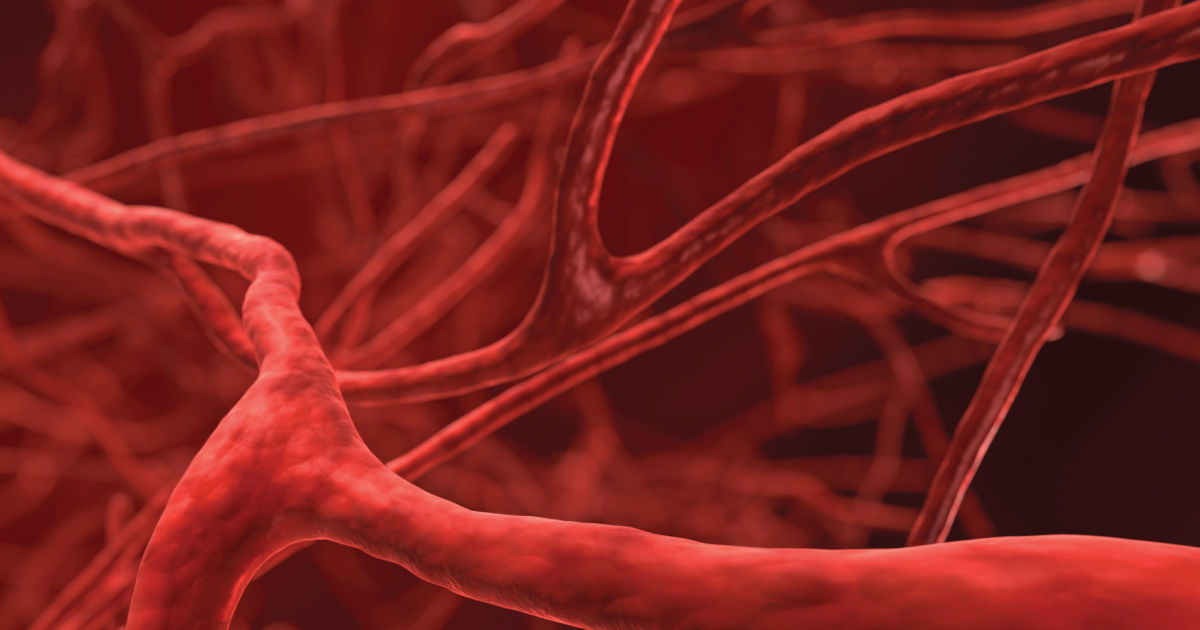Common Causes Of Glomerulonephritis
Polyarteritis

Polyarteritis, also known as polyarteritis nodosa, is an autoimmune condition that causes swelling of the blood vessels. Men are more likely to develop this condition than women, and most patients are diagnosed in their forties or fifties. Polyarteritis can cause swelling of blood vessels throughout the body, including those that lead to the heart, kidneys, and intestines. Patients with the condition could notice sweating, weight loss, fever, and loss of appetite. If the blood vessels that lead to the kidneys are affected, protein may appear in the urine, and patients could develop elevated blood pressure. Doctors use blood tests, urine tests, CT scans, MRI scans, and x-rays in the diagnosis of this condition, and patients may also be asked to have an angiogram or a biopsy as well. Corticosteroids such as prednisone are the first line of treatment, and patients with severe symptoms may also need to take methotrexate or cyclophosphamide. With early treatment, some polyarteritis patients can enter remission.
Learn more about the major causes of glomerulonephritis now.